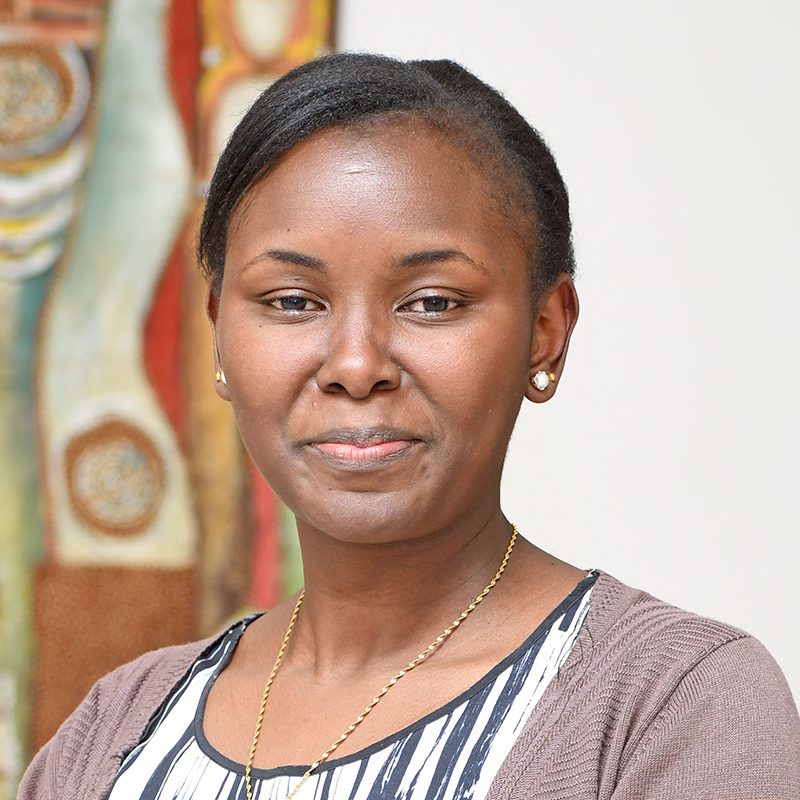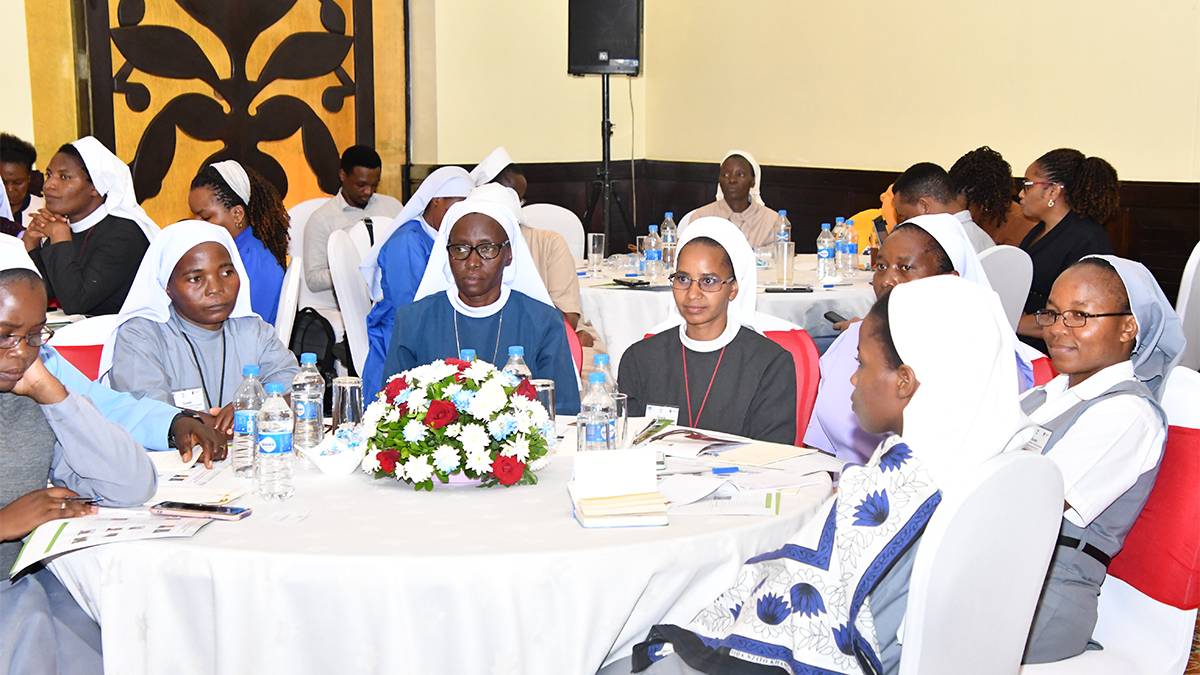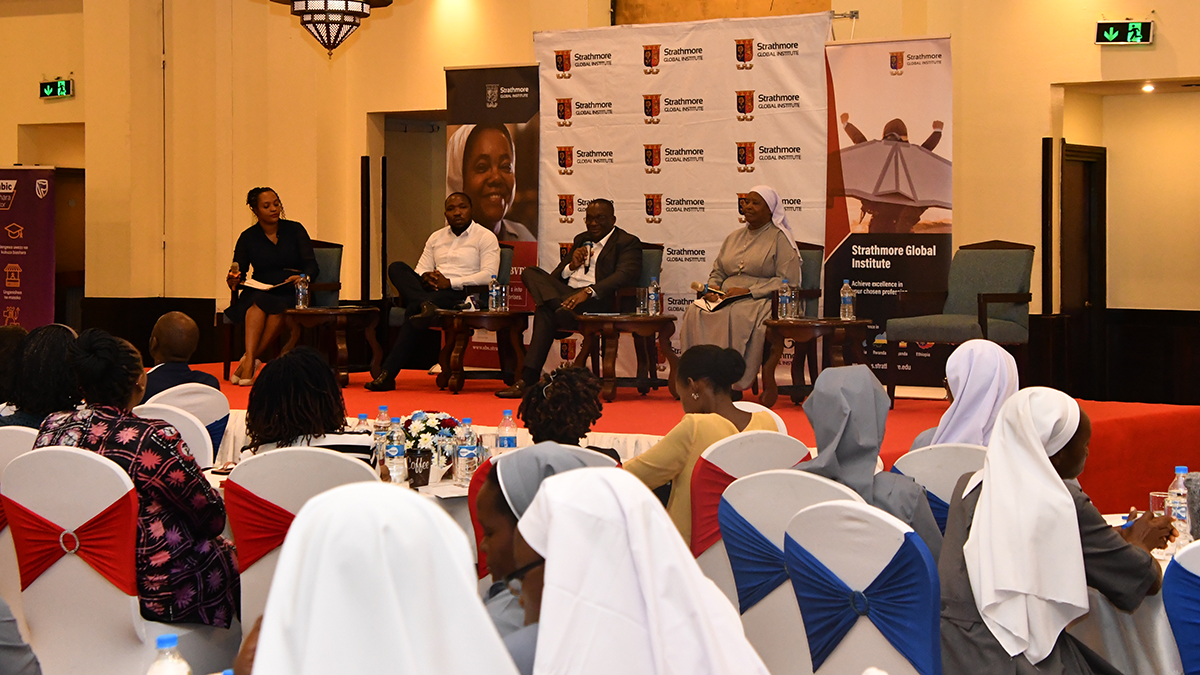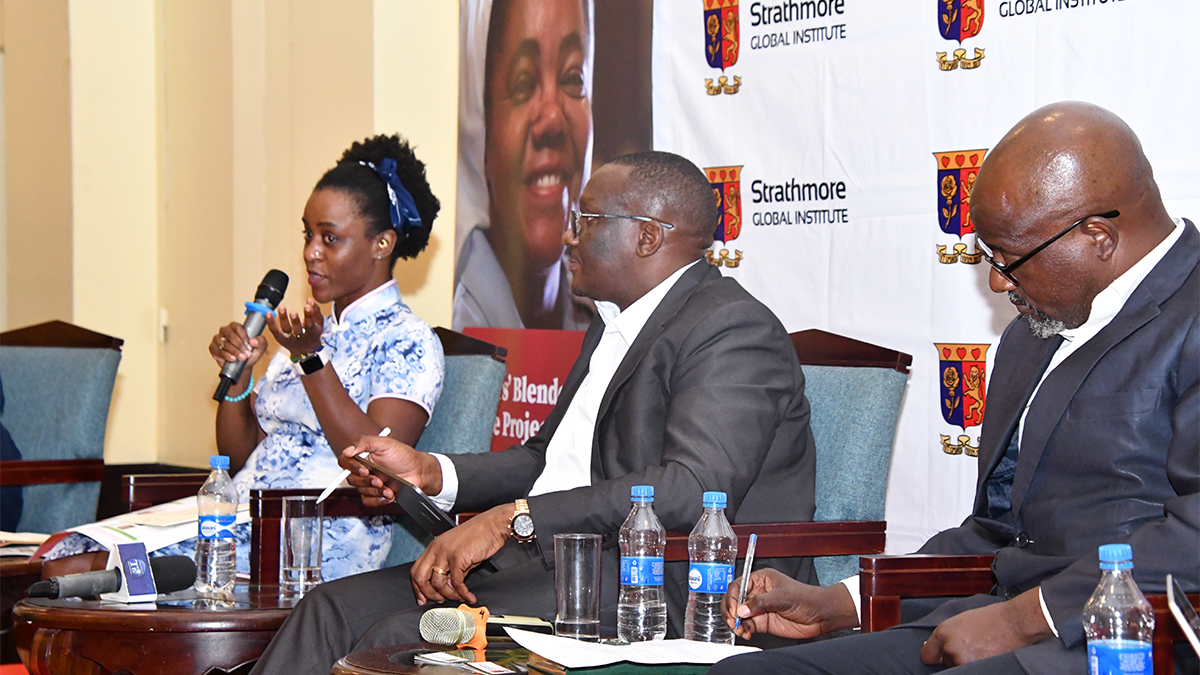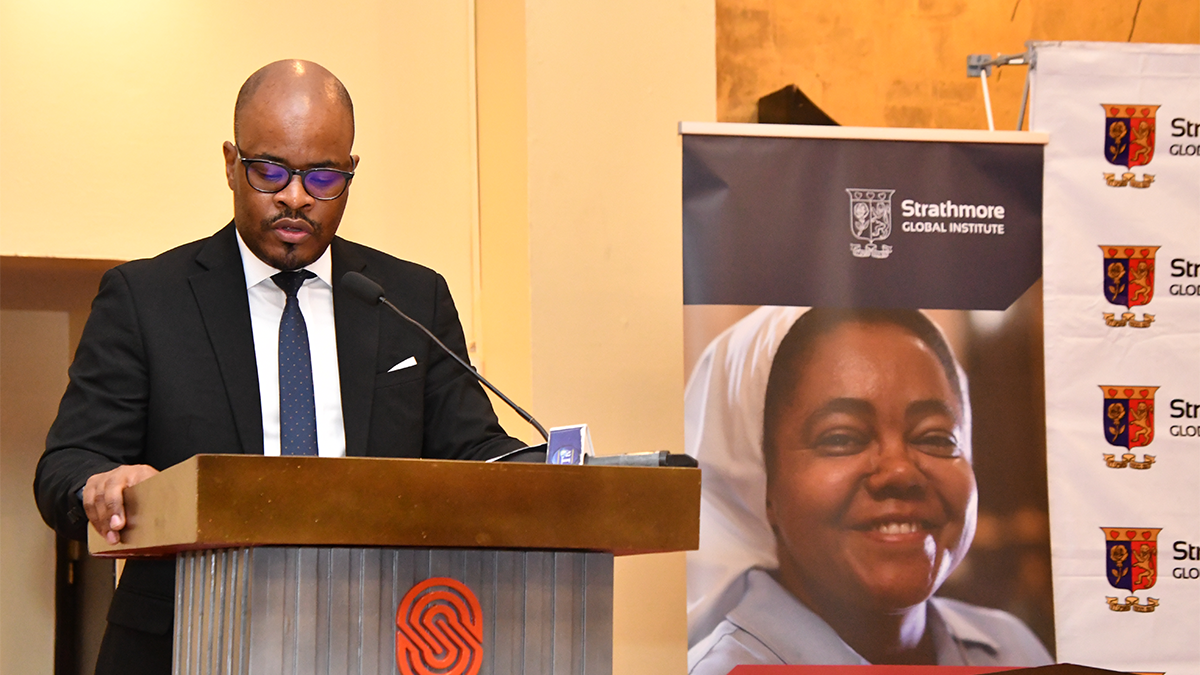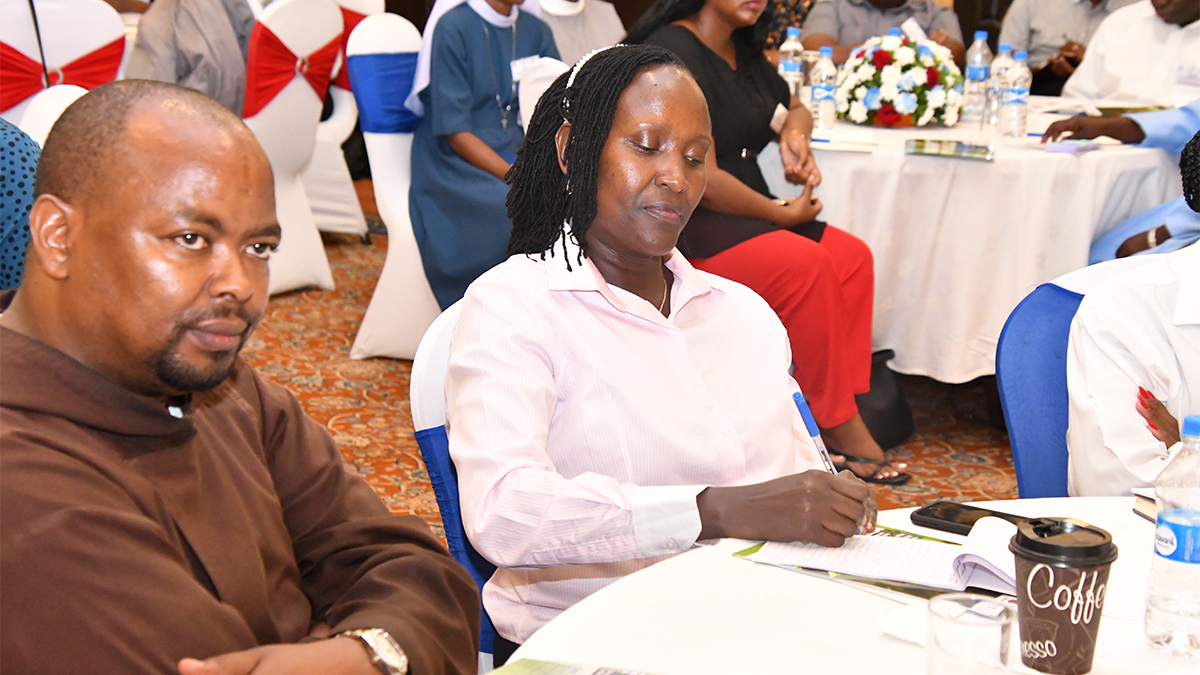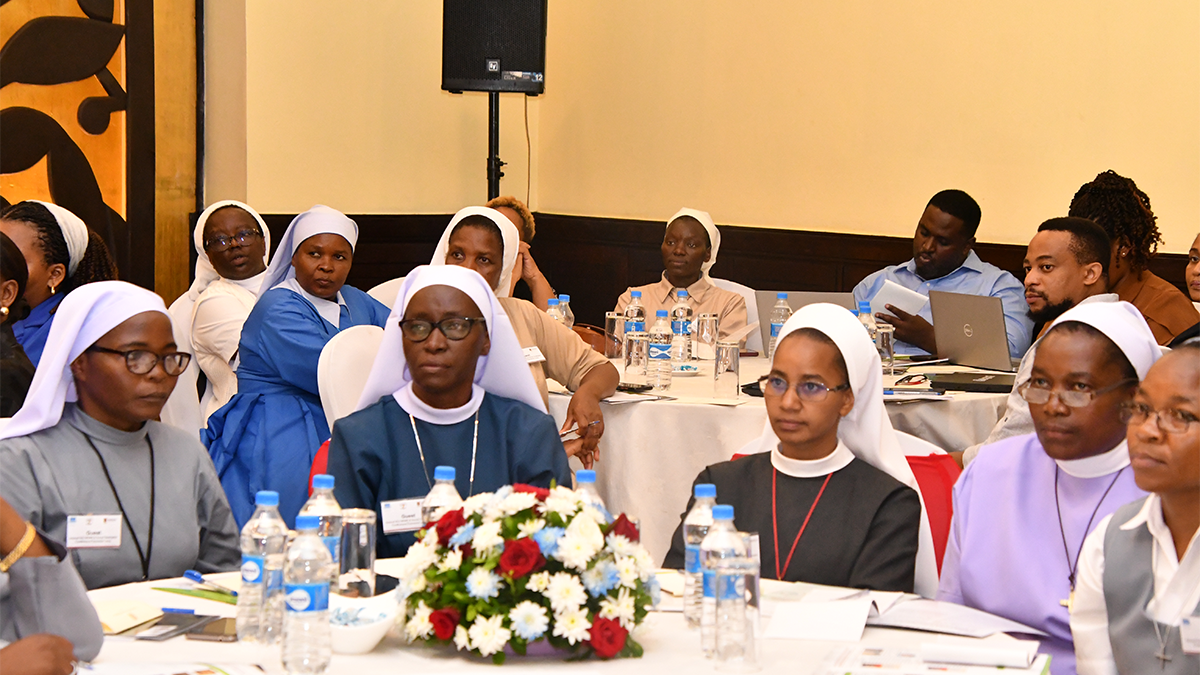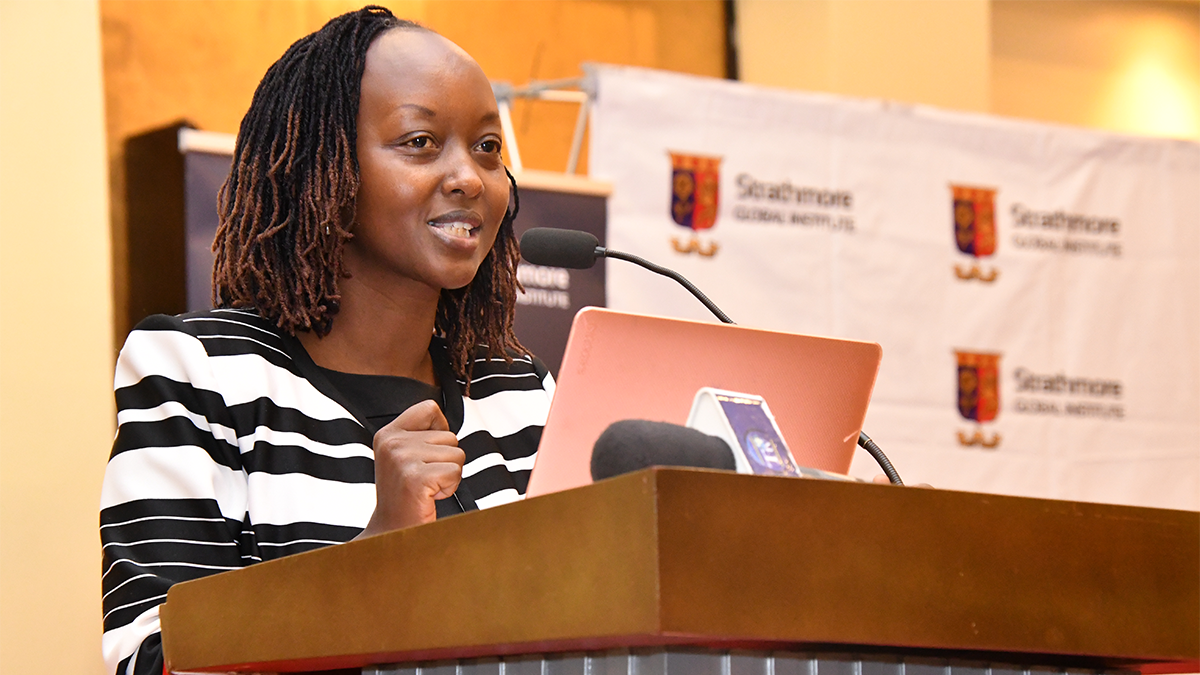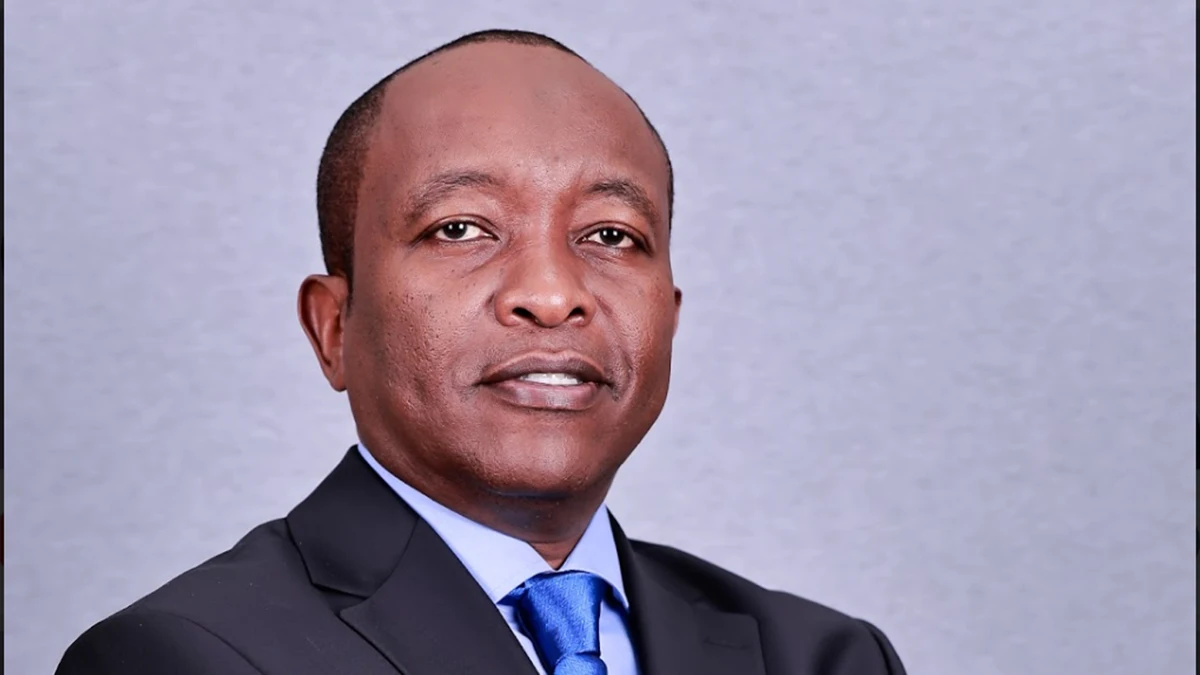Micro, Small, and Medium Enterprises (MSMEs) play a pivotal role in Tanzania’s economy, contributing up to 50 percent of the country’s GDP while also serving as significant sources of employment and essential services within local communities.
However, despite their vital role, many of these entities face substantial challenges in accessing the financial ecosystem, hindering their ability to thrive and reach their full potential. Addressing these barriers is crucial for fostering inclusive economic development and unleashing the transformative power of entrepreneurship across Tanzania.
One of the primary obstacles encountered by MSMEs and social enterprises in Tanzania is limited access to formal financial services. Traditional financial institutions often perceive these entities as high-risk borrowers, leading to stringent lending criteria, collateral requirements, and prohibitively high interest rates. As a result, many MSMEs and social enterprises are forced to rely on informal sources of financing, such as personal savings or borrowing from family and friends, which can stifle growth and perpetuate financial vulnerability.
It is against this backdrop that the Strathmore Global Institute hosted the 2024 Annual MSME and Social Enterprise Tanzania, an event that brought together MSMEs and social enterprises in Tanzania. The conference provided a platform for entrepreneurs to engage with various stakeholders to discuss a range of innovative access to financial alternatives. Further, the conference speakers and panelists discussed the values and pitfalls in accessing finance, challenges, and barriers as well as ways to bridge the access to the finance gap.
Dr. Elizabeth Gachenga, Deputy Vice Chancellor for Academic and Student Affairs at Strathmore University, reaffirmed the institution’s commitment to catalyzing continental transformation. Emphasizing the university’s expanded scope to encompass all sectors impacting society, Dr. Gachenga underscored the pivotal role of MSMEs in driving African economies forward.
During his keynote address at the event, Raphael Maganga, CEO of the Tanzania Private Sector Foundation (TPSF), emphasized the imperative to remodel risk models tailored for MSMEs and social enterprises. He underscored the significance of equipping these entities with the requisite knowledge and skills to position themselves as viable candidates for business funding, advocating for a paradigm shift in the approach to financing entrepreneurship.
The journey towards inclusive economic growth in Tanzania necessitates concerted efforts to enhance financial access for MSMEs and social enterprises. By fostering collaboration, innovation, and skill development, stakeholders can unlock new avenues for entrepreneurial success, driving sustainable development and prosperity across the nation.
Article by Juliet Hinga
Share This Story, Choose Your Platform!
Your journey to business excellence starts here. Subscribe today and be at the forefront of innovation and leadership.

